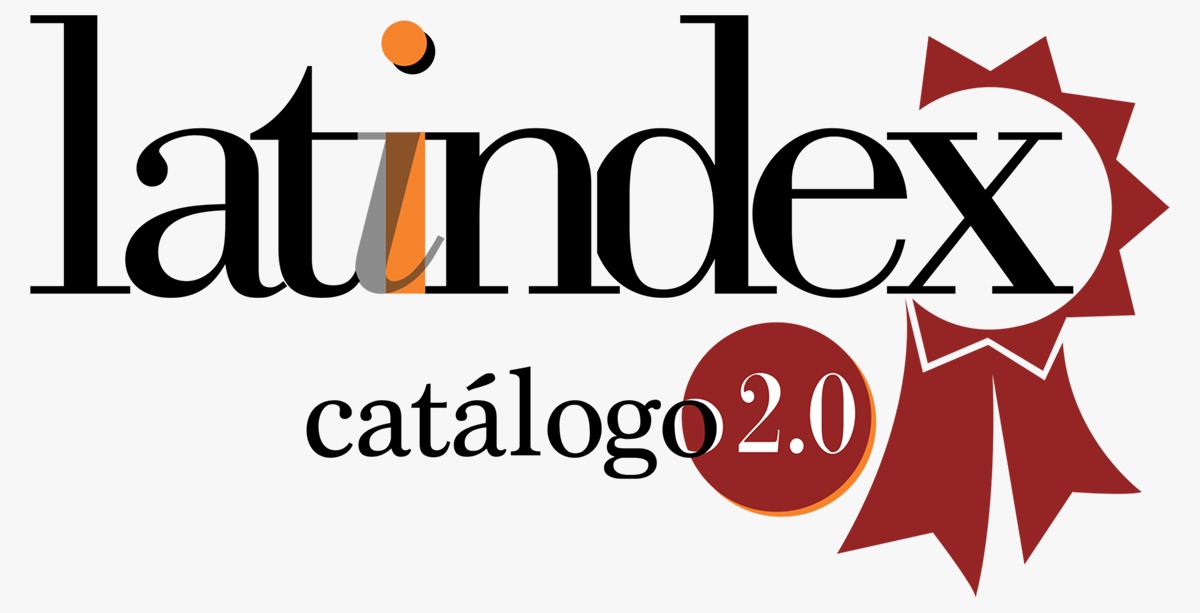Management of the organizational climate and teaching performance in the educational institution n° 3071 "Manuel Tobías García Cerrón". Stone bridge - Lima 2022
DOI:
https://doi.org/10.47865/igob.vol6.n22.2023.261Keywords:
Institutional climate, teacher performance managementAbstract
One of the main reasons for inadequate teaching performance is the lack of managerial leadership that causes a deficient institutional climate, it is a latent problem in many educational institutions that IE N. 3071 in Puente Piedra does not abstract from. For this reason, we set out to establish the relationship that exists between the management of the institutional climate (with its dimensions communication, motivation and level of trust) and teacher performance (with its dimensions pedagogical capacities, emotionality, responsibility and personal relationships). For this, we carried out a scientific investigation with a quantitative approach, hypothetical deductive method, ordinary level, cross-sectional and with a descriptive correlational design. We work with a population of 46 teachers and a probabilistic sample of 46 teachers. The questionnaires were validated by three expert juries and through reliability using Cronbach's Alpha. We use Spearman's Rho statistic, with which we determine that there is a moderate, positive and significant relationship, obtaining 0.623, between the institutional climate and teacher performance management, with an average correlation r=0.275 for communication and institutional climate, equally for motivation and confidence and the institutional climate there is an average correlation of r=0.516 and r= 406.
Downloads
References
Ander-Egg, E. (2005). Metodología y práctica del desarrollo de la comunidad. Buenos Aires: Lumen. Humanitas.
Antúnez, S. (2000). La acción directiva en las instituciones escolares: Análisis y propuestas. México: MC Graw-Hill.
Cabrera, K. y Gonzales, L. 2006). Currículo universitario basado en la competencia. Piura: Universidad Privada del Norte.
Chiavenato, I. (2008). Administración de recursos humanos. México: Prentice-Hill
Cunza, M. & Idme, H. (2017). Influencia del clima institucional en el desempeño docente de la Institución Educativa “Clorinda Matto de Turner”,Cusco – 2017. (Tesis para optar el grado de doctor). Universidad César Vallejo. Cusco. Obtenido de: http://181.224.246.201/bitstream/handle/UCV/18781/Cunza_EMAIdme_CH.pdf?sequence=1&isAllowed=y
Espot, H. (2006). La autoridad del profesor: qué es la autoridad y cómo se adquiere. España: Wolter Kluver.
Fernández, T. (2004). Clima organizacional en las escuelas: un enfoque comparativo para méxico y uruguay. REICE - Revista Electrónica Iberoamericana sobre Calidad, Eficacia y Cambio en Educación, 2(2), 26. México. Obtenido de https://cutt.ly/8r2eY4s
Fernández, T. (2008). Clima organizacional en escuelas: un enfoque comparativo para México y Uruguay. Revista Electrónica Iberoamericana sobre Calidad, Eficacia y Cambio en Educación.
Gonzales, A. (2015). Los compromisos de la gestión escolar y su efecto en el desempeño docente en la Institución Educativa Nº 1204 Villa Jardín, San Luis-Lima Unidad de Gestión Educativa Local Nº 07, 2015. Universidad Nacional Mayor de San Marcos, Lima, Perú.
González, N. (2020). Clima laboral, estrés laboral y satisfacción laboral en docentes de universidades privadas en Chimbote [Tesis de doctorado, Universidad César Vallejo]. https://repositorio.ucv.edu.pe/handle/20.500.12692/44451
Hernández, H., Fernández, J. y Baptista (2010). Metodología de la
Lizarazo, B. (2001). Estrategias de enseñanza y aprendizaje. España: Ariel.
Martín M. (2000). Clima de trabajo y organizaciones que aprenden. Madrid, España. Recuperado de www.uab.cat/ pub/educar/ 0211819Xn27 p103.pdfValdes 2004
Ministerio de Educación (2012). El marco del buen desempeño docente. Documento de trabajo. Lima: Minedu.
Orlandini, A. (2017). Clima Organizacional y Desempeño Docente en la Institución Educativa Antonia Moreno de Cáceres. Año 2017. (Tesis para optar el Grado de Magister). Universidad César Vallejo, Escuela de Posgrado, Lima.
Piña, J. (2003). Representaciones, imaginarios e identidad. Actores de la educación superior. México: UNAM-CESU-Plaza y Valdés.
Robbins S. (2000). Comportamiento organizacional. México: Editorial Prentice Hall.
Robles, B. (2019). Población y muestra. Pueblo continente, 30(1), 1. http://journal.upao.edu.pe/PuebloContinente/article/download/1269/1099
UNESCO. (2020). Propuestas de la UNESCO para garantizar la educación online durante la pandemia. UNESCO. https://www.educaweb.com/noticia/2020/04/01/propuestas-unescogarantizareducacion-online-pandemia-19132/.
Valdés, H. (2004). Desempeño del maestro y su evaluación. Cuba: Editorial Pueblo y Educación.
Downloads
Published
How to Cite
Issue
Section
License

This work is licensed under a Creative Commons Attribution-NonCommercial-ShareAlike 4.0 International License.
Esta obra está bajo una licencia internacional Creative Commons Atribución-NoComercial-CompartirIgual 4.0.
















